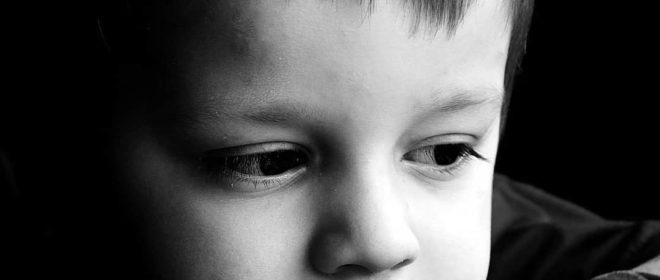It is not uncommon for parents having children with displayed signs of delayed speech to think that their child may be having autism. They are promptly concerned on how to cope with their child’s disability.
In reality, during early intervention, a child cannot be diagnosed with Autism Spectrum Disorder or ASD right away; rather therapists can only determine if the child is exhibiting symptoms of developmental delays and only in further evaluation can they diagnose ASD or rule it out entirely.
Speech delays should not be taken lightly, however, as it may be an early warning sign of something much bigger. To prevent parents from misunderstanding their child’s speech delay, let us discuss the different signs that make it a symptom of Autism.
Autistic Speech Delay Vs. Other Speech Delays
Naturally, as new-born babies develop, they learn instinctively that communication is the way to get noticed or to get what they want. The earliest form of communication of infants is eye contact. Before they learn to speak, babies usually communicate through non-verbal cues such as crying, hugging, laughing, and often pointing at objects they want. Being around adults, they gradually learn to communicate through words.
Generally, normal children are responsive to non-verbal communication; such as being highly encouraged by smiles and hugs, naturally prone to imitating the people around them, spend more time observing people than observing the things around them, and are highly sociable, often getting bored and lonely when alone.
This means typical children with speech delays are still highly engaging of the people around them, and often communicate effectively through non-verbal communication.
On the other hand, children with autism speech delays are the complete opposite. They have a hard time responding to non-verbal communication. For instance, they may not be able to know how to react to a smile or a hug, rarely imitates or get influenced by people’s actions, are not interested in observing people, and are unbothered when left alone to pursue their interests.
It is important to be able to watch out for these signs and seek proper advice from a qualified child psychologist within your area.
Signs of Autism Speech Delay
Apart from speech delays, children may experience several communication-related symptoms that can be signs of ASD. Children with ASD are unlikely to respond to verbal attempts to call them out or gain their attention, but fail to develop non-verbal cues such as gestures when pointing out things or referring to objects. These children will develop language at a delayed pace. Speech delays alone, however, are not an indication of autism.
Next steps
In summary, if you are concerned about your child and is unable to tell if it’s autism or speech delay take a four-step route to learn more about the situation. That is,
- Understand the growth milestones and look for them.
- Talk to your child’s pediatrician and pre-school teacher about your findings.
- Go ahead with screening and early intervention.
- Learn more about ABA therapy introduce your child to it.
At Pulse Center, we give expert care and the right counsel to ensure your child’s well-being. Start with us today and let us work together in improving the quality of life for your child.


